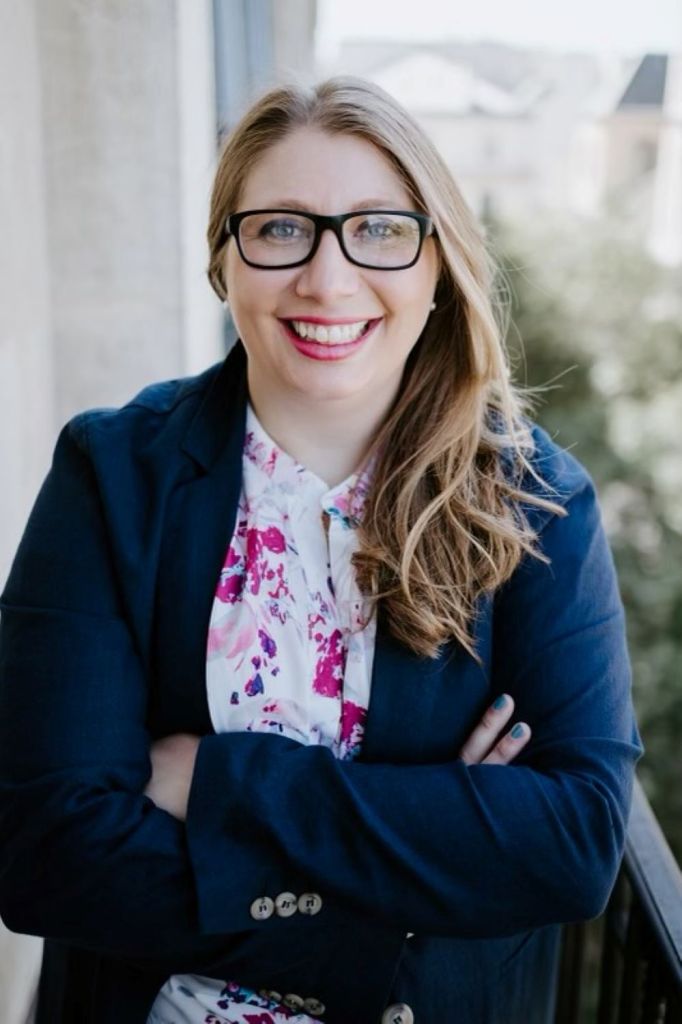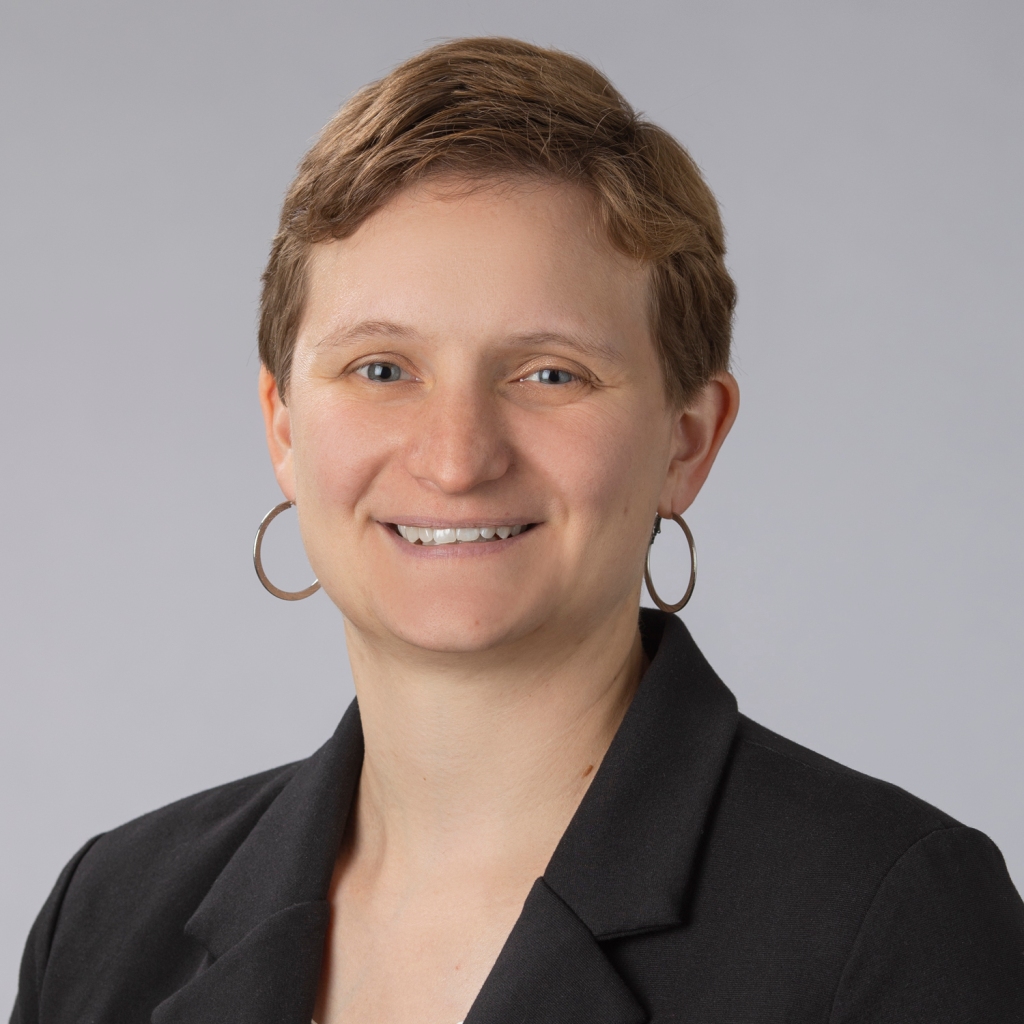Hailee Greene and Danielle Falcon, both MBA ’24, traveled to Bangkok, Thailand to represent Cornell in the SCG Bangkok Business Challenge. They shared this report from their experience.
In June 2023, Hailee Greene and Danielle Falcon, both MBA ’24, traveled to Bangkok, Thailand to represent Cornell by pitching our business, GreeneAcres Processing, in the SCG Bangkok Business Challenge at Sasin School of Management, Chulalongkorn University. Of 172 worldwide submissions, only 20 teams were invited to Thailand to compete in person during the semi-finals. We were ecstatic to be one of the 20 teams, especially since this was only our second pitch competition submission.

GreeneAcres Processing is a business that grows and processes hemp; contracting local farmers to grow hemp, processing the hemp into fiber and hurd in the GreeneAcres facility, and selling the processed material to local manufacturers. Additionally, the processing facility provides independent hemp growers in New York with a local option for processing. The lack of processors throughout the United States has been a massive barrier to entry for farmers transitioning to growing hemp. Our business model revolves around creating local, well-paying jobs and promoting sustainability in farming and manufacturing. We are dedicated to sustainability and have developed GreeneAcres Processing to address 11 of the UN’s 17 Sustainable Development Goals.
Unknown to many, hemp was widely grown and used in a variety of materials prior to it becoming illegal in the United States in the 1930s. Hemp growing was re-legalized in 2018, but growing and processing fiber hemp has been slow to revive. Hemp can be used for textiles, plastics, building materials, feminine hygiene products, animal bedding, and much more—GreeneAcres Processing wants to lead the charge in making this transition to domestically grown, processed, and manufactured bio-sustainable goods throughout the United States. Currently, many manufacturers in the United States use hemp in their goods but a large portion of them import their processed fiber and hemp from international sources.
Hemp is a sustainability powerhouse. As a crop, it uses less water than traditional crops, like corn and soybeans. Additionally, it is naturally resistant to many pests and diseases, so it can be grown without the use of pesticides or herbicides. It grows well in the upstate New York soil, needs very little upkeep from farmers, and can be harvested using equipment that most farmers already have on hand.
The Bangkok Business Competition
The three-day business competition kicked off with a coaching round, where teams were able to practice and receive feedback from judges, and a 60-second pitch competition, scored separately from the semi-finals. Hailee represented the team in the 60-second round, receiving all 10s from 2 of the 4 judges. We took the feedback from our practice round and made some major adjustments to our pitch and to our slide deck.
Day two started the semi-final round, with a morning pitch to a room of judges composed of investors, entrepreneurs, and business professionals. We left the round feeling really unsure; we were confident we gave a solid pitch, but multiple judges mentioned that our business was not venture capital friendly.
Hailee’s main goal going into the competition was to make it to the sustainability round finals. It was thrilling to find out we were selected to move on to the sustainability round finals (four teams total) AND to the play-off round (eight teams total), which included two nearly back-to-back pitches almost immediately after the announcement was made. That evening during our (amazing) dinner at Sasin we found out we were one of six teams moving on to the finals.
The finals were held on the main stage in front of a panel of judges—some we had seen before and some we had not—and were live-streamed via the Sasin website. The judges were able to ask questions after the five-minute mark, and they took advantage of that opportunity with all teams, asking tough questions and putting each team into a realistic “Shark Tank” situation. We felt good about our pitch, even spending most of the time on questions and answers with the judges. We were happy to be done once our 30 minutes on stage was up though.
Final Thoughts
Though we did not bring home the winning prize for the global competition or the sustainability round, making it to the finals in both arms of the competition was a huge confidence boost that allowed us to practice our pitch in multiple contexts and to better understand what investors are looking for in a business. Additionally, our scores got higher throughout the rounds, and the ability to refine the pitch and deck based on feedback was great.

The networking was phenomenal—we spent quality time talking to students from around the world, Sasin faculty, global investors, and seasoned entrepreneurs receiving invaluable feedback, encouragement, and kudos. A truly diverse and global competition, we interacted with entrepreneurs from Thailand, Taiwan, Brazil, Haiti, Singapore, Bangladesh, Pakistan, Canada, India, and more! To top it off, we had multiple investors express sincere interest in investing in our business!
We closed out the competition with a formal awards ceremony for the top prizes, complete with a representative from the Royal Palace and hours of preparation and practice. That was followed by an informal awards ceremony on a dinner cruise on the Chao Phraya River. It was here that we found out GreeneAcres Processing had won both the best-written business plan and the best presentation in our semi-final small group.
We cannot recommend this competition enough to entrepreneurs pursuing sustainable endeavors. Sasin’s hospitality is unmatched and Bangkok is a stunning city to explore. The only thing Hailee and I would have done differently is build in a few extra days to see more of Thailand!
